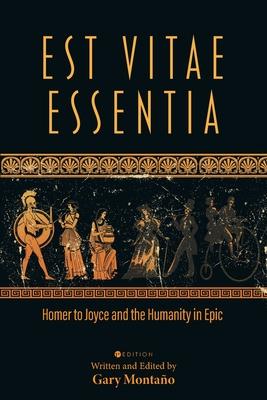Est Vitae Essentia: Homer to Joyce and the Humanity in Epic provides students with an enlightening introduction to the essence and evolution of epic literature. It explores the genre from its earliest examples to modern interpretations, focusing on the human experiences that resonate across eras. The text travels from the epics of Homer, exploring traditional elements of the genre, through later literary masterpieces, culminating with the works of James Joyce.
The book is organized into two main parts. The first part addresses fundamental facets of epic tales, such as the role of heroes, the significance of war and adventure, supernatural forces, underworld journeys, and the invocation of the muse. These themes are thoroughly examined with relevant examples spanning the history of epic writing. The second part shifts focus to the depiction of women in epics, providing a feminist perspective and honoring the roles women play in these stories, roles which have often been marginalized or overshadowed by their male counterparts.
The inclusion of original language quotes with translations invites readers to appreciate linguistic beauty and consider broader cultural contexts. This book, with its attention to the broader narrative of humanity that epics unfold, is an invitation to explore the enduring relevance of these stories in capturing human strengths and vulnerabilities.
Intertwining the scholarly with the humanistic, Est Vitae Essentia is well-suited for courses in literature, mythology, cultural studies, and women's studies.
